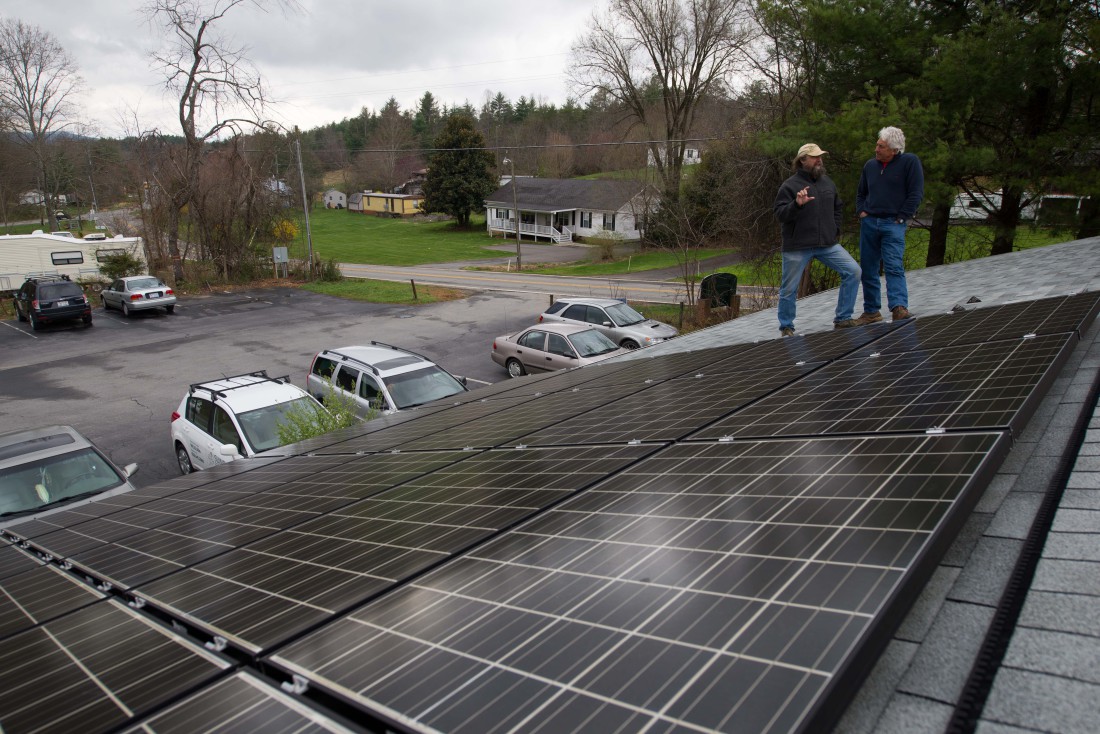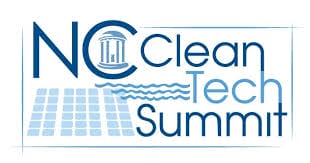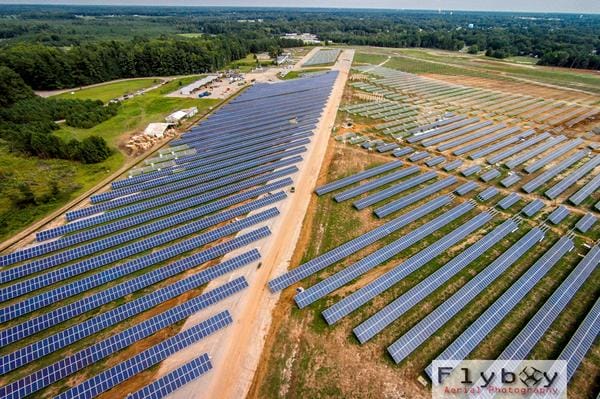Solar for Sale: New Legislation Could Mean Cleaner, More Affordable Options for Electricity

The sun is shining on those who want more competition in the North Carolina energy marketplace. A series of bills recently introduced into the state legislature aim to not only diversify energy sources through independent solar sources, but provide incentive for energy efficiency through a tiered rate system.
House Bill 245, the Energy Freedom Act, was filed March 16 and would allow North Carolina’s electricity-consuming property owners as well as the military, University of North Carolina system schools and other government-owned institutions to enter into electricity agreements with third-party power owners outside of the current utility providers.
The bill, which is receiving bipartisan support, allows consumers a choice to buy energy directly from alternative providers instead of relying on an energy monopoly that serves their community. But there is a catch: the alternative energy company gets to own, operate and maintain a power system of solar panels that would be installed on the property owner’s roof or property. The proposition is tantalizing for those who want to cut their energy bills or move off of grids belonging to large companies such as Duke Energy.
North Carolina is one of only five states to currently outlaw so-called third-party power purchase agreements. The new approach would introduce market competition to electricity customers in the state, allowing them to select the electricity provider based on affordability and, perhaps more importantly, where the energy comes from. If the bill is passed, homeowners could chose to buy their energy from traditional fossil-fuel-based sources or clean, renewable sources.
“This is a great step forward,” says Avram Friedman, executive director of the Canary Coalition, a grassroots environmental activism group based in Sylva. “This bill challenges the paradigm of the energy monopoly.”
Friedman likens opposing new means of distributing solar power to trying to keep the typewriter alive in an age of computers, tablets and smartphones. “We’re witnessing a change here,” he says. “This is an important bill, it will completely restructure how people get their energy. Power companies will have to adapt.”
The Canary Coalition also helped author another energy bill, Senate Bill 483, the Efficient and Affordable Energy Rates Bill, that was introduced on March 26. This bill aims to restructure utility rates into an inverted tier — meaning the more energy a household uses, the more users are charged per kilowatt-hour.
Friedman said legislation such as S.B. 483 is needed to encourage people to stop wasting energy and start thinking about efficiency.
“This is a very strong incentive to make your home more efficient,” he said.
According to the N.C. Sustainable Energy Association, market intelligence continues to prove that North Carolina is better off with a thriving clean energy market. The group says third-party sales will allow taxpayer savings through private investment in self-generated clean energy, which reduces the need for utility providers to build traditional, expensive power plants. The organizer adds that third-party sales also encourage economic growth by keeping energy funds in local communities and providing more job opportunities for installations and construction.
“This bill allows a free market financing option that is only prohibited in five states; and given the value clean energy continues to bring to our state, it doesn’t make sense that North Carolina remain one of them,” reads a statement from the NCSEA. “Access to capital for renewable energy projects will allow more electricity customers to reach their financial and sustainability goals through renewable energy deployment.”
Although H.B. 245 was just introduced, solar proponents are salivating over the prospect of opening up the market. Dave Hollister, President and CEO of Sundance Power Systems, broke it down very simply — the restrictions over the sale of electrons needs to come to an end.
“What has been thwarting solar for years is [that] the energy companies have a stranglehold on the sale of electrons,” Hollister asserts. “This will be another shot in the arm for a sustainable industry that’s paving the way. Area solar companies can potentially provide materials and labor, which would spur another interesting growth era.”
The upfront cost of purchasing a photovoltaic solar panel system, although historically more affordable than ever, is still prohibitive for most households. A third-party arrangement could make the choice to go green easier and more affordable by shifting the upfront cost into monthly payments. Instead of purchasing the hardware, the homeowner would be investing into the idea and future of alternative energy.
“If we are going to see a shift in our sustainable energy future, it’s the right thing to do,” said Hollister. “This is a great step forward, and it starts to move the scrimmage line.”
The Energy Freedom Act was sponsored by Republicans, mirroring similar support for solar bills nationwide. This bipartisan support of the emerging alternative energy sector is unique, says Hollister, and indicative of a sea change in the way energy is being legislated.
“In an age of intense polarity, this bridges the gap between parties,” he notes. “Anything that can unify us and build a big tent around issues is really exciting. When you have a new thing like this, the more common ground shared, the better we all are.”

